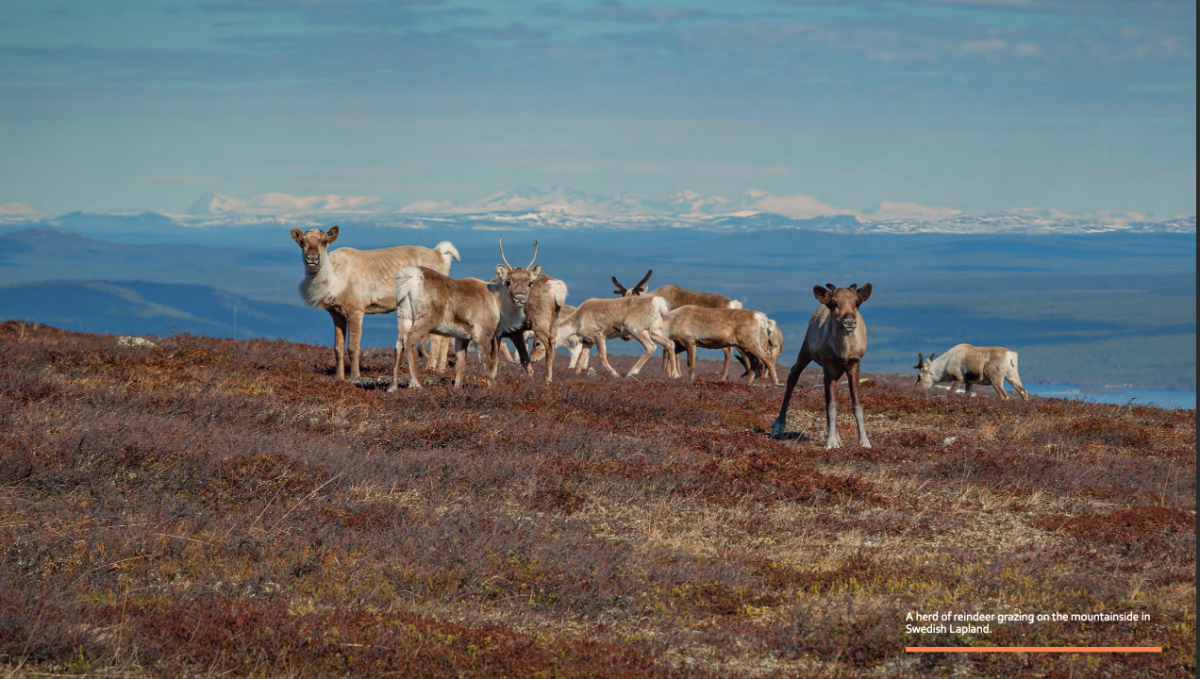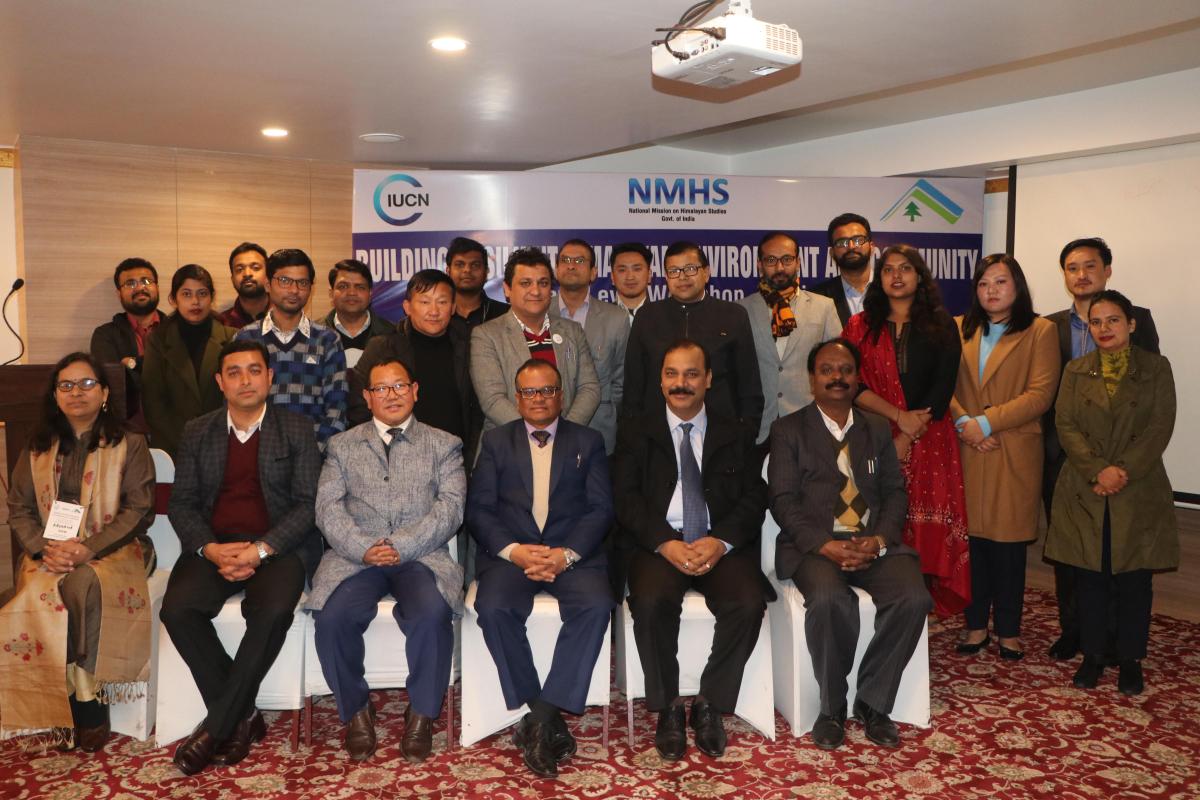The role of tribal women in balancing family, community, and environment in Araku Valley, India
Dr. Suryakanta Acharya, MD, CEESP member, PAY-W Clinic Founder
Women in the tribal communities of Araku Valley in Andhra Pradesh, India are taking a lion’s share of responsibility to balance family, community, and environment. Their role in preserving traditional knowledge and environment is exemplary and needs to be acknowledged at international forums. Non-tribal people living in urban areas must learn from tribal women how to lead a simple yet fulfilling life in a sustainable way.
Araku Valley is a hill station in India, 111 km west of Visakhapatnam city. It is a valley in the Eastern Ghats inhabited by different tribes, mainly Araku Tribes. Tribal communities are forest dwellers living in harmony with their environment. They depend on plants and plant products for their day-to-day life and survival. Though both men and women of the community work for survival, women have the additional responsibility of household tasks. This paper briefly describes Araku Valley tribal women’s role in supporting their family, tribal community, and the environment.
Women take a lead role in collecting forest products of various forms. Firewood collection, liquor making, religious ceremony preparation, and the construction of household implements are their primary responsibility. Several kinds of traditional knowledge are involved - such as traditional medicines and clothing designs - and are passed from one generation to the next, with women at the center of it all.
Festivals, religious ceremonies, and magico-religious rituals are an essential part of tribal communities. The ways of celebration are different across various tribal communities and even different clans within the same community. Women take a central role in these events, uniting the community at large and preserving the culture of the clan and community.
The close association and dependency of tribal people on the forest and nature is at the heart of their effort in its preservation. They are much more careful with the preservation of forests and are more in harmony with nature than urban communities. Tribal community practices ensure that nature is not exploited beyond repair. Women take on a big role in mitigation strategies. Since the turn of the century, coffee arabica has been grown sustainably in the highlands of Araku Valley as a social enterprise project by the Nandi Foundation. Women have taken an active role in the farming of coffee, making Araku coffee a global brand and earning praise and economic prosperity.
Dr. Suryakanta Acharya is a radiation oncologist by profession with a deep interest in biodiversity, environment, and sustainable living. He is a member of IUCN CEESP, IUCN CEC, and IWRA Water Quality Task Force. He is an active reviewer for IUCN and IPBES on policies. He is the founder of the NGO, PAY-W Clinic which is working to protect health, human rights, and traditional knowledge of indigenous people. PAY-W Clinic was accredited to IPBES9 in 2022. He can be reached at suryaoncology@gmail.com.



